When disabled by severe and debilitating symptoms, we find solace in any way we are able. Not that anyone would know as I continue living inauthentically with chronic illness. While finding myself incapacitated by such relentlessly debilitating symptoms, I have found comfort and solace in the written word. And as a result, have been on somewhat of a book-binge.
One of my favourite reads was a beautiful and life-affirming novel ‘The Authenticity Project.’
‘The Authenticity Project’ by Clare Pooley is a charming novel about six strangers with one universal thing in common. The truth is that each of them is being inauthentic regarding their life; their lives aren’t always what they make them out to be.
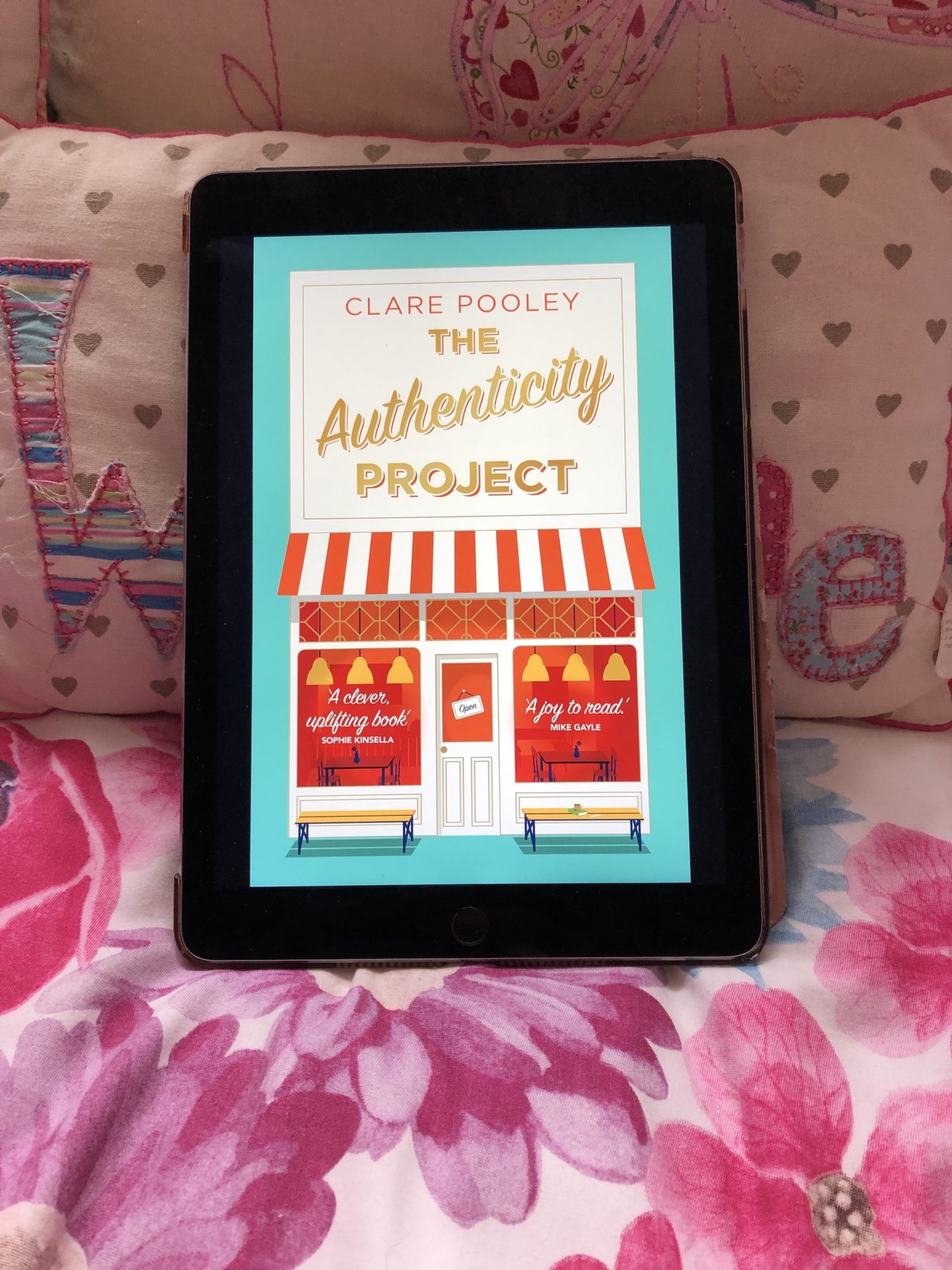
It starts with an eccentric artist and septuagenarian, Julian, desperate to confess to the deep loneliness he feels. And so he begins The Authenticity Project. A small green notebook which contains the authentic truth about his life. He then leaves the journal on a table in Monica’s cafe in a bid to encourage others to share their own. And as these five other strangers come into contact with the book and share the truth about their lives, it leads to a life-changing world of friendship and genuine connections.
As I finished the book, continuing to think about the story long after I turned the last page, I started to think about my own life. In doing so, I began to question whether I am authentic and truthful regarding my own life. Or, as like the characters in the book, my life is not always as I make it out to be. Moreover, I questioned whether I was authentic to my reality of living with a long-term neurological disorder.
What does it mean to be authentic?
The definition of authenticity is the quality of being real or true.
Authenticity means coming from a real place within. It is being wholly ourselves, and not an imitation of what we think we should be or told what we should be.
Living Inauthentically With Chronic Illness
The truth is, I am not sure that I am very truthful in regards to my life, specifically my life with FND. It is not an aspect of my everyday life that I am comfortable talking about, and so I choose not to. Even when asked questions regarding my use of a crutch, I answer quickly and swiftly deflect the inquest that inevitably follows. The dreaded question, “How are you?” swiftly brushed off with a simple, “Fine.” Even, when it is far from the actual truth; a reply also used on the worst of days.
"The dreaded question, "How are you?" swiftly brushed off with a simple, "Fine." Even, when it is far from the actual truth; a reply also used on the worst of days." Click To Tweet
In truth, we all have parts of ourselves that scare us, parts of ourselves that we run from because we are too scared to look at or acknowledge them. And as such, we become too afraid to talk about them to others. It becomes more comfortable, therefore, to shut the words about those parts we hate away into the dark recesses of our minds. Shut them away in an attempt to forget the existence of them, or to hide them from the rest of the world. And so we begin living inauthentically with chronic illness.
"In truth, we all have parts of ourselves that scare us, parts of ourselves that we run from because we are too scared to look at or acknowledge them. And as such, we become too afraid to talk about them to others." Click To TweetIt can even be hard to be authentic in the online world
Sure, it is easier to be more open on social media, which allows you a small degree of anonymity. A medium that enables you to fade into the crowd, to blend in and disguising oneself as being ‘normal’. I find that I am much more eloquent when writing rather than speaking aloud.

Despite this, however, I am not much more open online, particularly on social media. Like most people, my timeline is mostly a highlight reel of the rare, good days, uplifting moments and events to cherish, especially on Facebook, and the main reason why my timeline is incredibly sporadic in its updates.
"Like most people, my timeline is mostly a highlight reel of the rare, good days, uplifting moments and events to cherish, especially on Facebook, and the main reason why my timeline is incredibly sporadic in its updates." Click To TweetInauthentic by editing out the bad days
But what I don’t reveal in the online world I participate in, is the many, many bad days that are caused by the severe, continuous symptoms of FND. Those bad days, which heavily outweigh the good, are erased. It fails to memorialise those days in which the excruciating, debilitating pain overwhelms everything else; the days in which the pain is the victor, and I’m its victim.
"My online world fails to memorialise those days in which the excruciating, debilitating pain overwhelms everything else; the days in which the pain is the victor, and I'm its victim." Click To TweetNor does it mention the days in which my stubborn, uncooperative legs refuse to work, and unable to get out of bed. Neither are the days in which my legs give way, causing a fall down the stairs, or a fall in public commemorated online for the whole world to observe. And neither exists, photographs of the many injuries sustained during such falls and accidents. I hide my condition, and its effect away, and choose instead to hide behind a mask.

Perhaps, it is easier to be inauthentic online where we can choose who we want to be instead of the person we are.
"Perhaps, it is easier to be inauthentic online where we can choose who we want to be instead of the person we are." Click To TweetThe Difficulty of Authenticity for the Chronically Ill
It is easy sharing the happy, carefree moments of our lives. The good parts of our daily lives, comprised of our hobbies, nights out with friends, and holidays, for example. But why is it different when sharing the details of the most painful aspects of our lives, such as living with chronic illness?
Why is there such a stigma around vulnerability and revealing our raw, authentic selves? And why for the chronically ill community is there such awkwardness surrounding our lives with chronic illness?
"For me, I like to pretend that FND does not have me; that it does not define me. But who, am I kidding? FND has me; has me tightly in its grasp. How can it not, when days and nights are dominated by such relentless symptoms." Click To TweetFor me, I like to pretend that FND does not have me; that it does not define me. But who, am I kidding? FND has me; has me tightly in its grasp. How can it not, when days and nights are dominated by such relentless, disabling symptoms. And how can it not when every facet of my life is dependent on that day’s symptoms. Of course, FND does not wholly define me, but it does to a degree. As much as I would like to disagree, it is an integral part of my story.
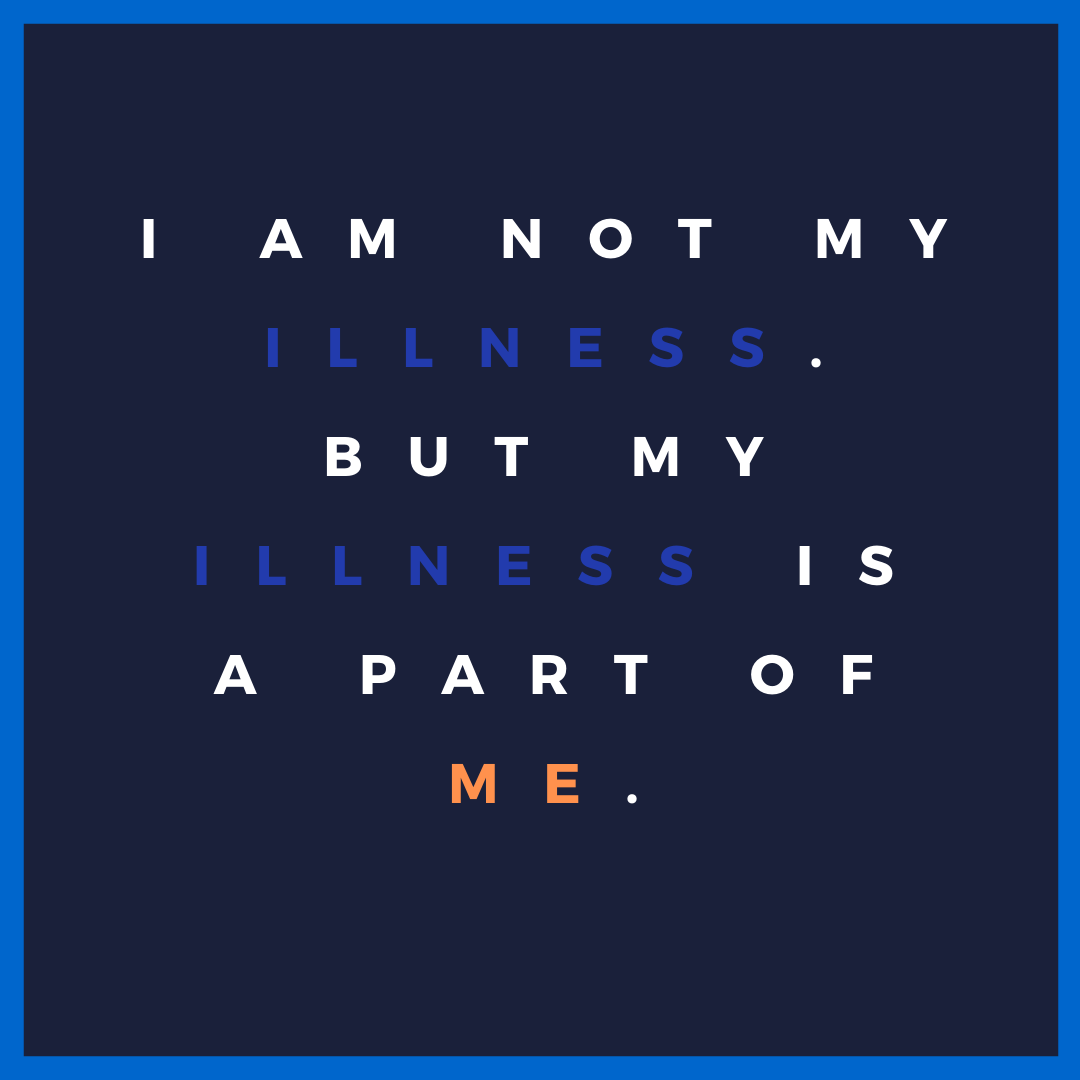
Authentiity is hard to find amid our struggles with chronic illness
We are often living inauthentically regarding our lives with a chronic illness for fear of being a burden or a fear of being pitied. And also we don’t want to be all about our diagnosis. We want to be seen and acknowledged for the person we are, instead of the person we were. There is a fear that by documenting the bad days, and the accidents that befall us, we will be accused of doing so to gain sympathy or attention.
"We are often living inauthentically regarding our lives with a chronic illness for fear of being a burden or a fear of being pitied. And also we don't want to be all about our diagnosis." Click To TweetI cannot tell you the hurt and sorrow that comes when your illness becomes the first topic of conversation. It feels that others are suggesting that it is the most exciting thing about you, which is never the case. It can feel that others are reducing to us to a diagnosis; a label.
The Advantages of Being Authentically Ill
The biggest lesson that one can take from ‘The Authenticity Project’ is the gifts that being authentic can bring. By being so, it can foster real connections, just like the characters in the book. And for those living with chronic illness, being vulnerable and authentic regarding the struggles we face, can help reduce the feelings of loneliness and isolation that it often causes. By sharing our truths, we can find others going through the same experiences. And it can remind us that we are not alone and everything we feel as a result is valid and understood.

So perhaps, I need to stop editing my social media and my conversations regarding my life with FND. And to start sharing the bad days and struggles as well as those rare good moments that occur.
I need to incorporate my own ‘Authenticity Project’ to foster real, and authentic connections in my life.
By doing so, perhaps I won’t feel as alone.
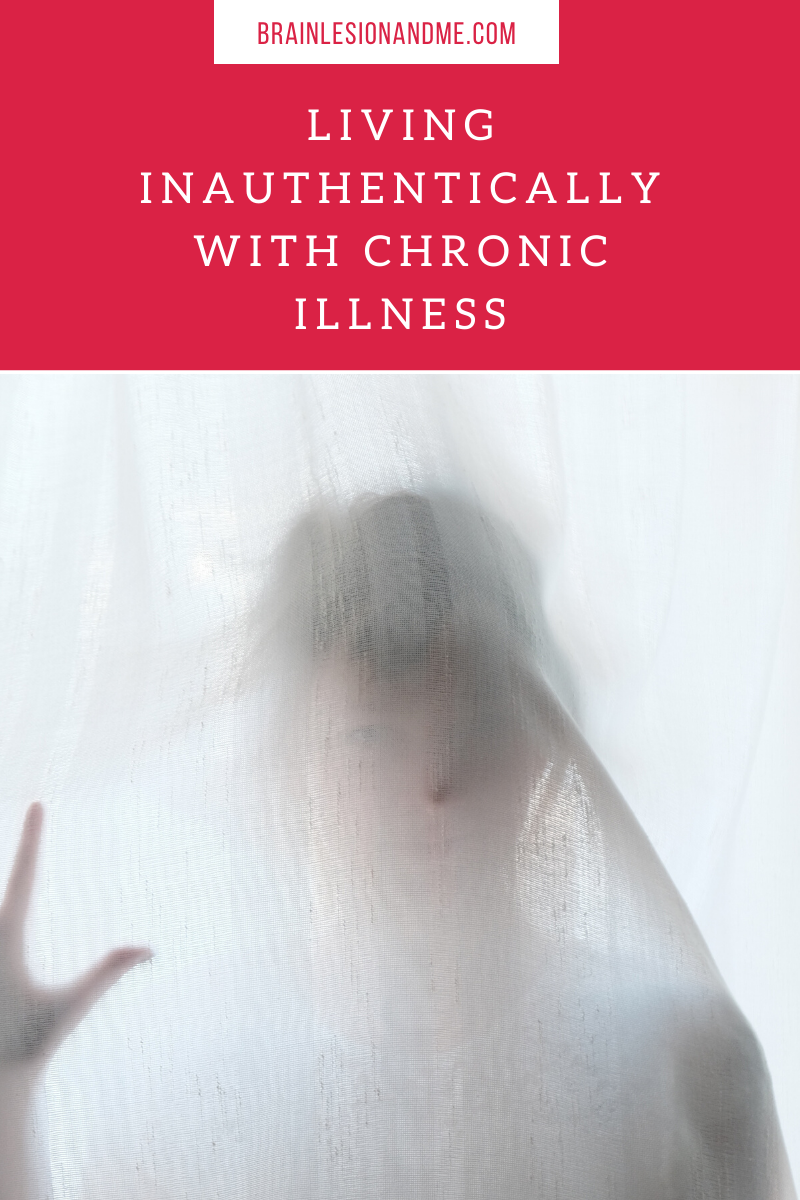
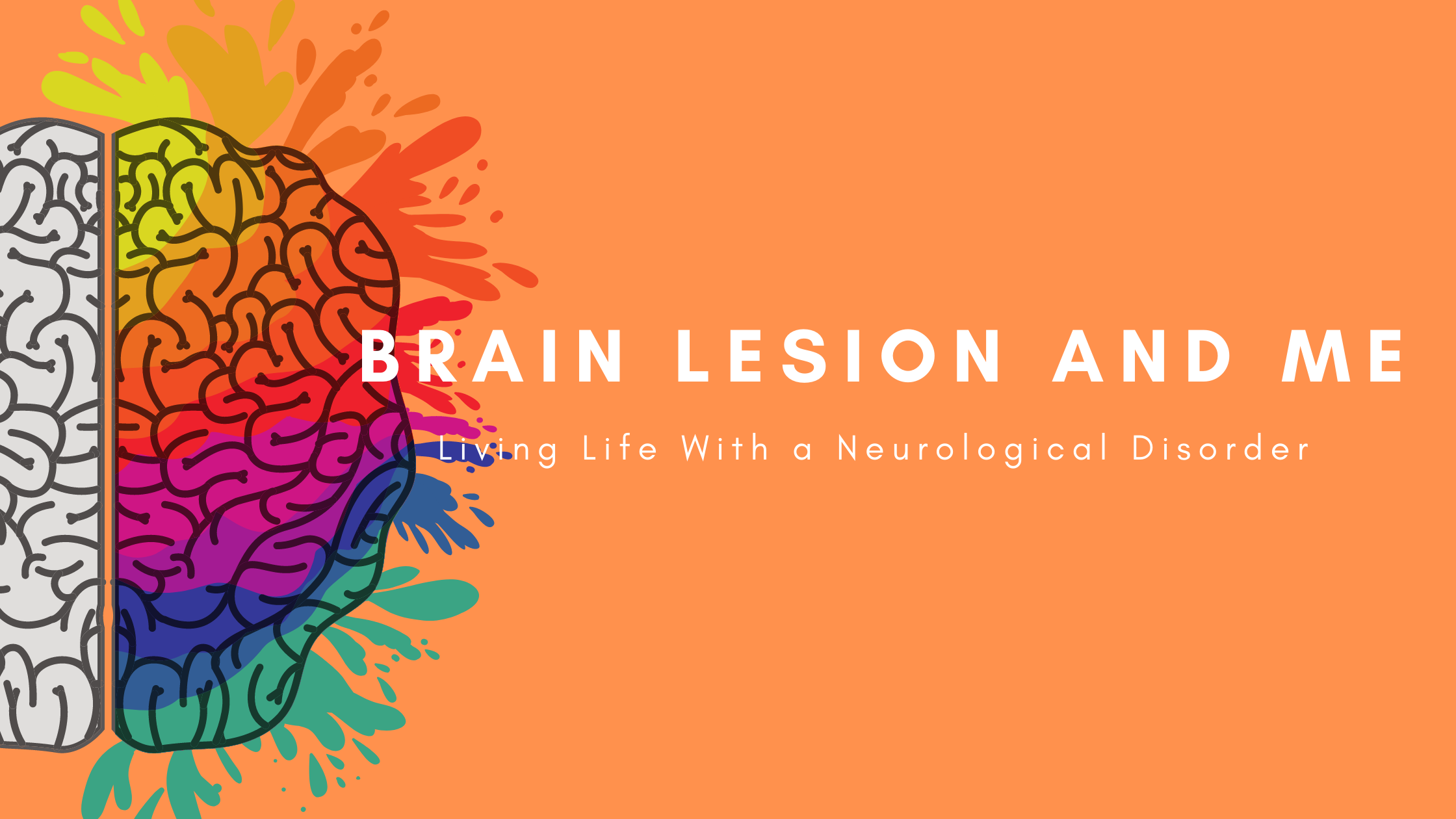
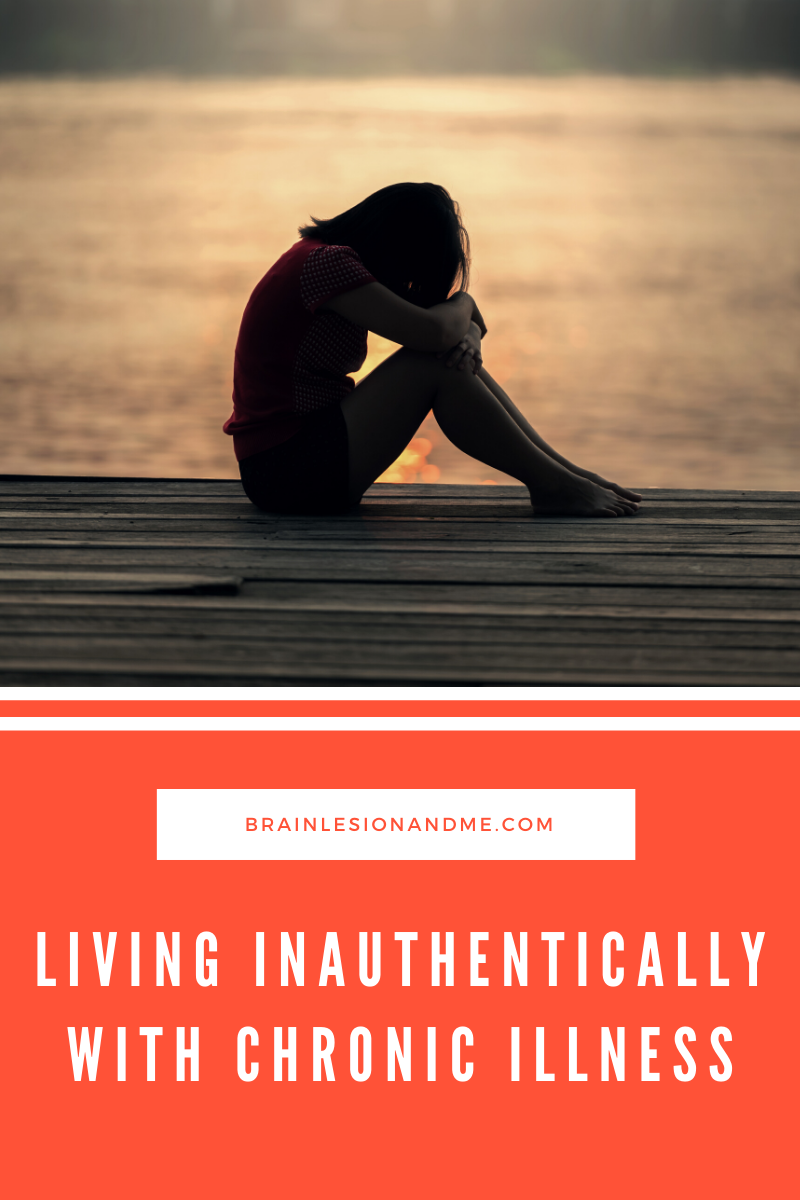
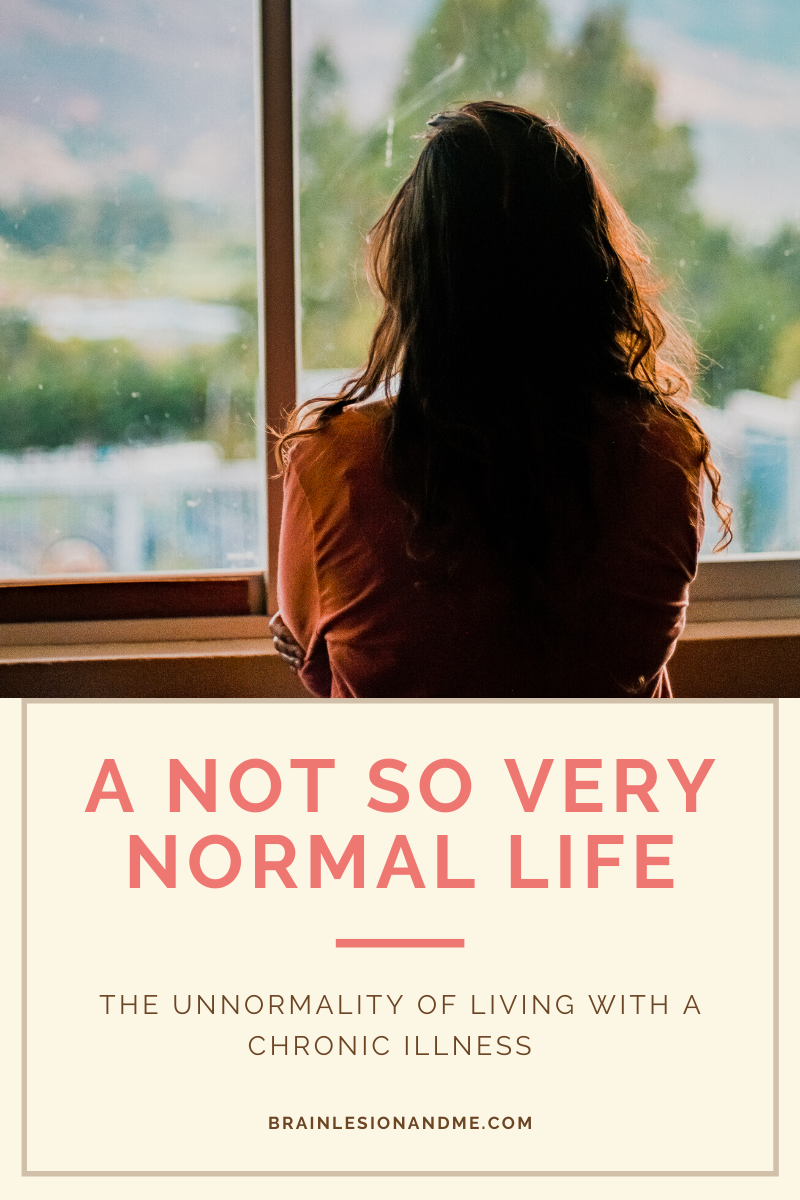
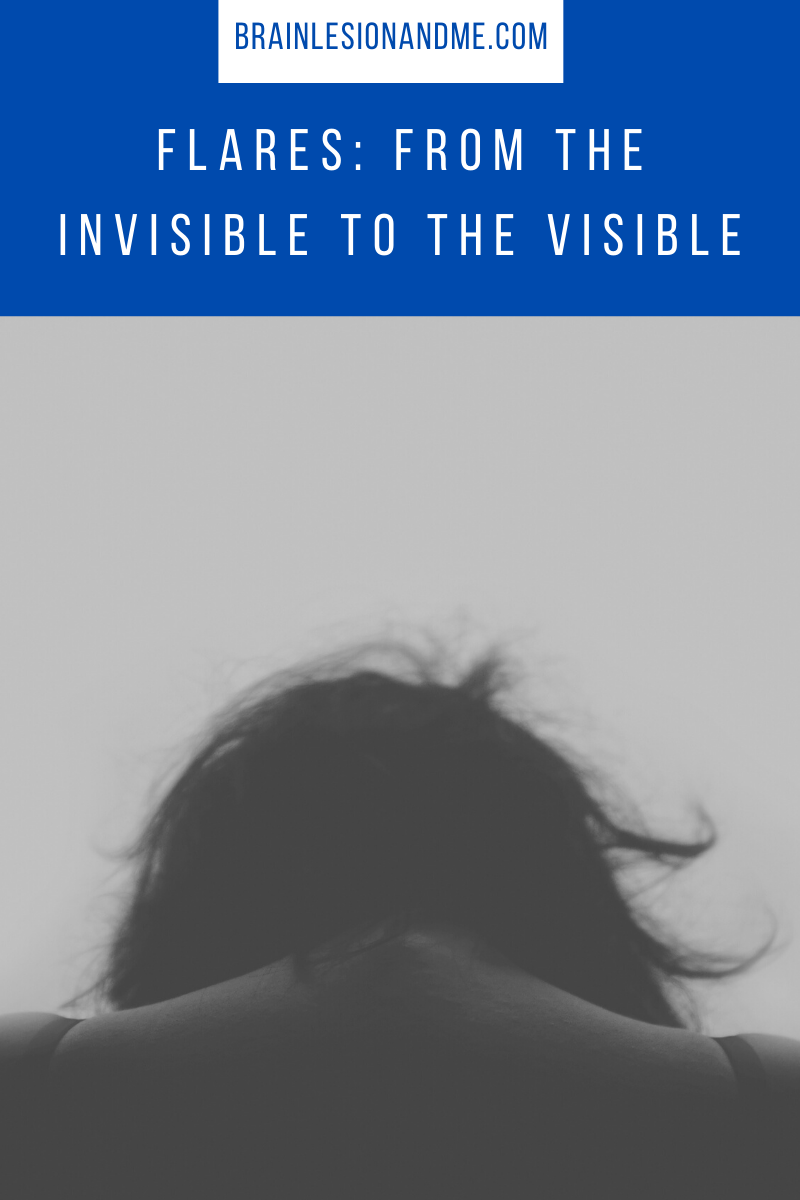
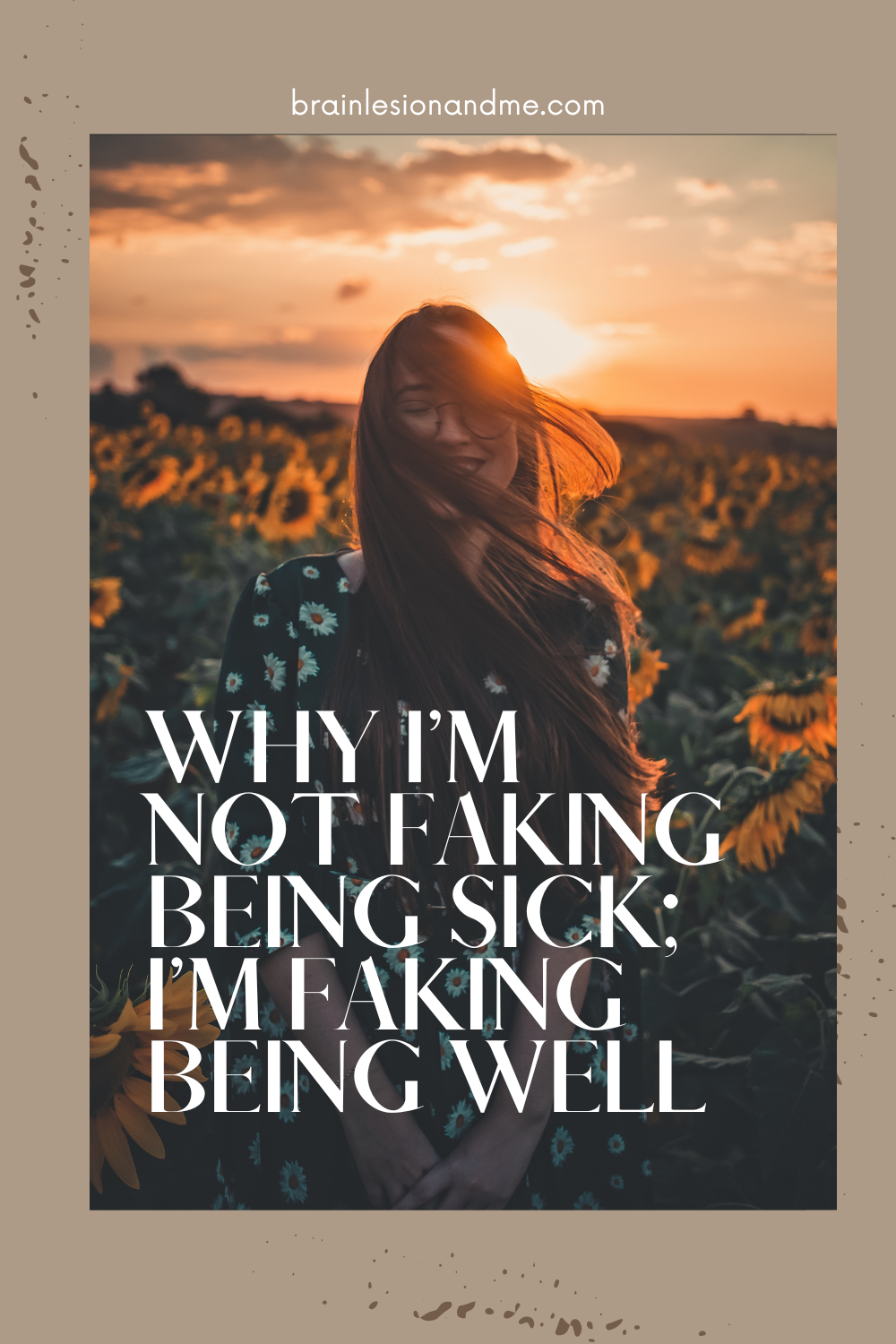

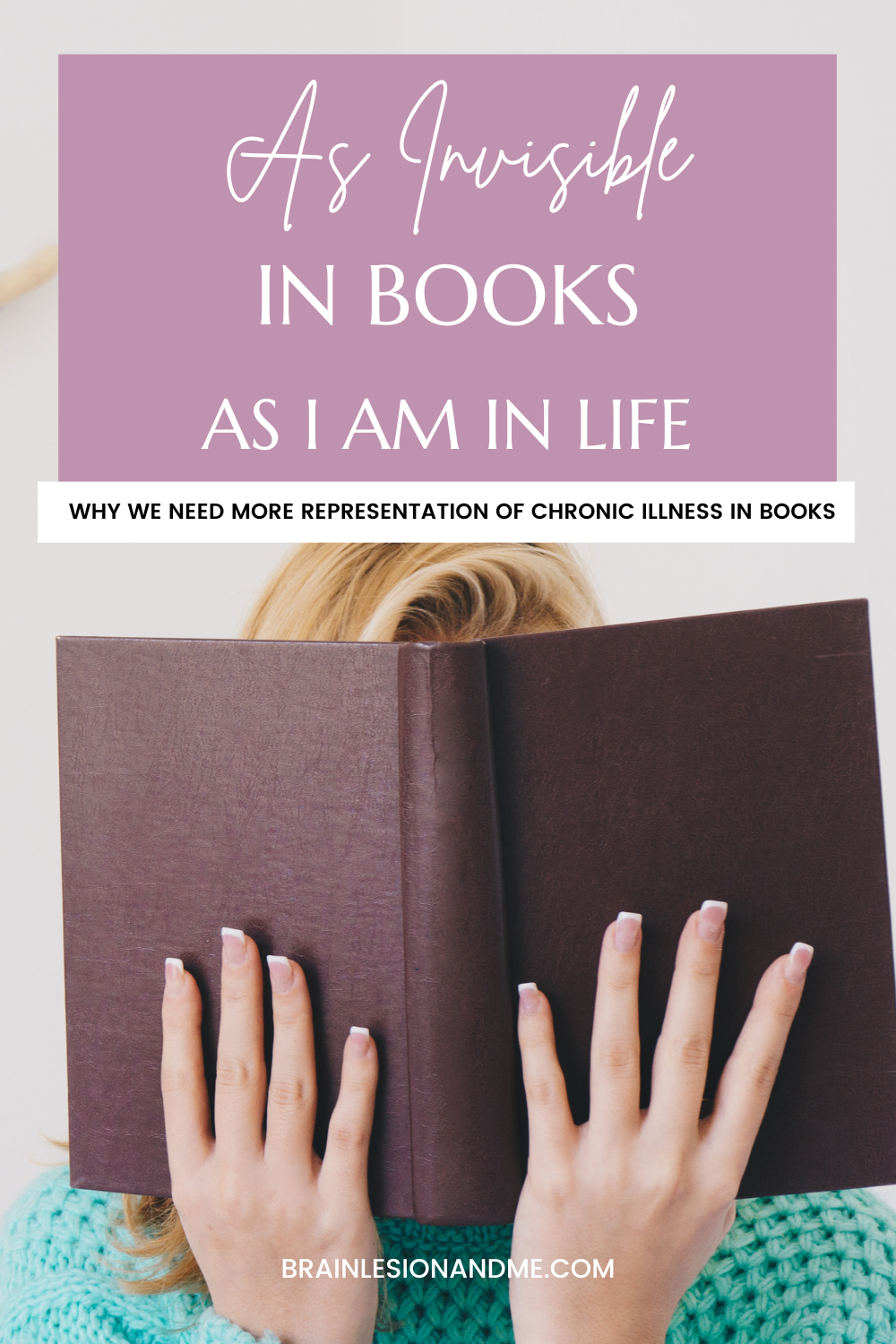
Kate
Thank you for writing this. It is interesting how there is a need to edit out the not so great or just plain crap days on social media. Conversely if those poop days are shared, there is a worry that people will judge you as oversharing. I totally get the worry that you don’t want your condition to be all people see of you, but for what it’s worth I don’t believe that to be the case. I guess it’s about sharing what you are comfortable with sharing and maybe that comes with a bit of testing on social media. But whatever you do, you’re most certainly authentic!